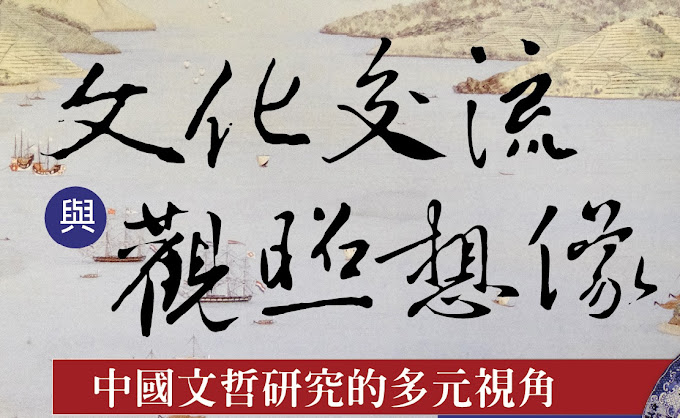姓 名:伊維德
|
職 稱:哈佛大學東亞系榮退教授,荷蘭萊頓大學教授
|
研究領域:通俗文學、敘事文學、婦女文學
|
論文題目:Ethnic Identity vs. Universal Ethics in the Poetry of Wenhuang Xianghua
|
論文摘要:
Once the Manchu conquest of the Ming
empire had been completed by the end of the seventeenth century, Manchu
women, like Manchu men, became active practitioners of Chinese poetry and
prose. Over fifty Manchu women writers of the Qing dynasty are known by name,
and over twenty collections have been preserved. As an example of the Chinese
poetry by Manchu women I will discuss the works by Wenhuang 文篁 (1786-1817),
collected in her Peilan xuan xiuyu cao
佩蘭軒繡餘草 (printed
in 1883). This modest collection comes with a preface by her son which
stresses the author’s noble Manchu descent, and a postface by her grandsons
which stresses the moral nature of her works. This contrast invites a closer
look Wenhuang’s work to determine to what extent her poetry (and the poetry
of Manchu women in general) may be characterized as “Manchu”, and what the
implications of such a characterization would be.
To counteract the ongoing “sinification”
of Manchu society, Manchu men were subjected to recurrent government
campaigns to maintain the Manchu Way (focusing on the Manchu language and
specific martial skills), but no such campaigns were directed at women. The
Manchu authorities would seem to have looked favorably on the spread of
certain aspects of traditional Chinese morality among Manchu women. But
Manchu women lived in a segregated society, in which Manchus enjoyed a
different legal status from the Chinese population, maintained their own
customs, and lived in their own compounds. As a result the poetry of Wenhuang
and other Manchu women poets is “Manchu” to the extent that it reflects the
specific conditions of Manchu life during the Qing dynasty. It is such
elements that set their poetry off from the poetry of Han-Chinese women of
the time.
|
伊維德
訂閱:
文章 (Atom)
